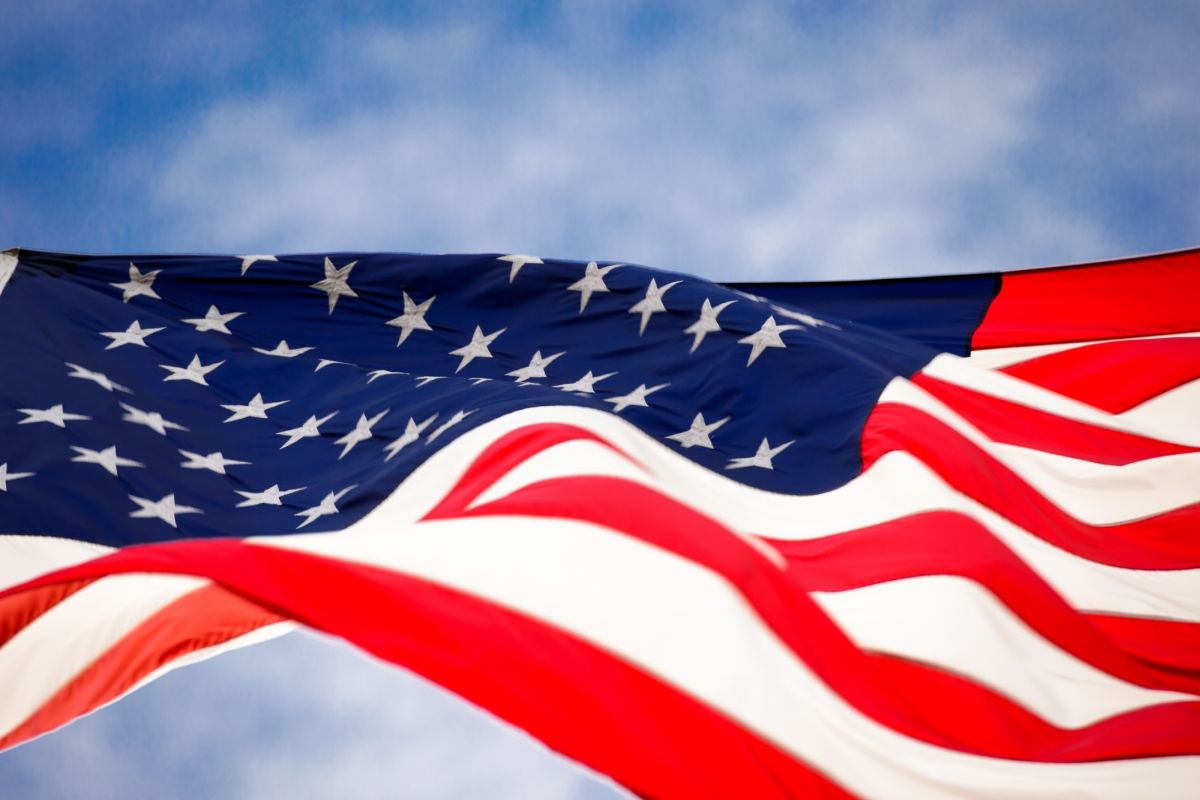The US has increased the additional duty rate imposed on aircraft imported from the European Union to 15 per cent from 10 per cent, effective from March 18, according to the US Trade Representative (USTR) office on Friday.
Last, when World Trade Organization (WTO) ruling on aircraft subsidies, the United States levied additional tariffs on a wide range of EU goods, which took effect on Oct. 18, a move that has fueled trade tensions between the two sides.
Advertisement
USTR Robert Lighthizer said in the newly released statement that he has determined to revise the action based on a review of the Section 301 action and following public comments.
According to an earlier statement from the Office of the USTR, new aeroplanes and other aircraft from Britain, France, Germany and Spain are subject to additional tariffs of 10 per cent, while Scotch whiskies, cheese, olives, yogurt, and sweaters from certain countries are among the products to be hit by an additional tariff of 25 per cent.
Earlier, the WTO had given the United States permission to levy tariffs on 7.5 billion U.S. dollars of European exports, the amount commensurate with the adverse effects suffered by Airbus’ US rival Boeing in terms of lost sales and impeded deliveries of its aircraft.
Last year, The US trade representative’s target list for EU tariffs came into effect in October, that included large Airbus planes made in France, Britain, Germany and Spain – the four Airbus consortium countries.
But no tariffs will be imposed on EU-made aircraft parts used in Airbus’ Alabama assembly operations or those used by rival US planemaker Boeing Co (BA.N), safeguarding US manufacturing jobs.
The tariffs heavily target the four Airbus consortium countries, including Spanish olives, British sweaters and woollens, and German tools and coffee, as well as British whisky and French wine. Cheese from nearly every EU country will be hit with the 25% tariffs, but Italian wine and olive oil were spared, along with European chocolate.
Earlier the USTR said, “The US has the authority to increase the tariffs at any time, or change the products affected. USTR will continually re-evaluate these tariffs based on our discussions with the EU”.
The Trump administration believes tariffs were effective in bringing China to the negotiating table over trade and in convincing Japan to open its agricultural market to US products.
In 2004, the United States filed a case with the WTO and accused the EU of providing illegal subsidies to Airbus in various forms.
In response to that, the EU has since filed a similar case over allegedly illegal US subsidies to Boeing.
The WTO had ruled that both the United States and the EU have provided illegal subsidies for their respective airlines. Enditem.
(With inputs from agency)











